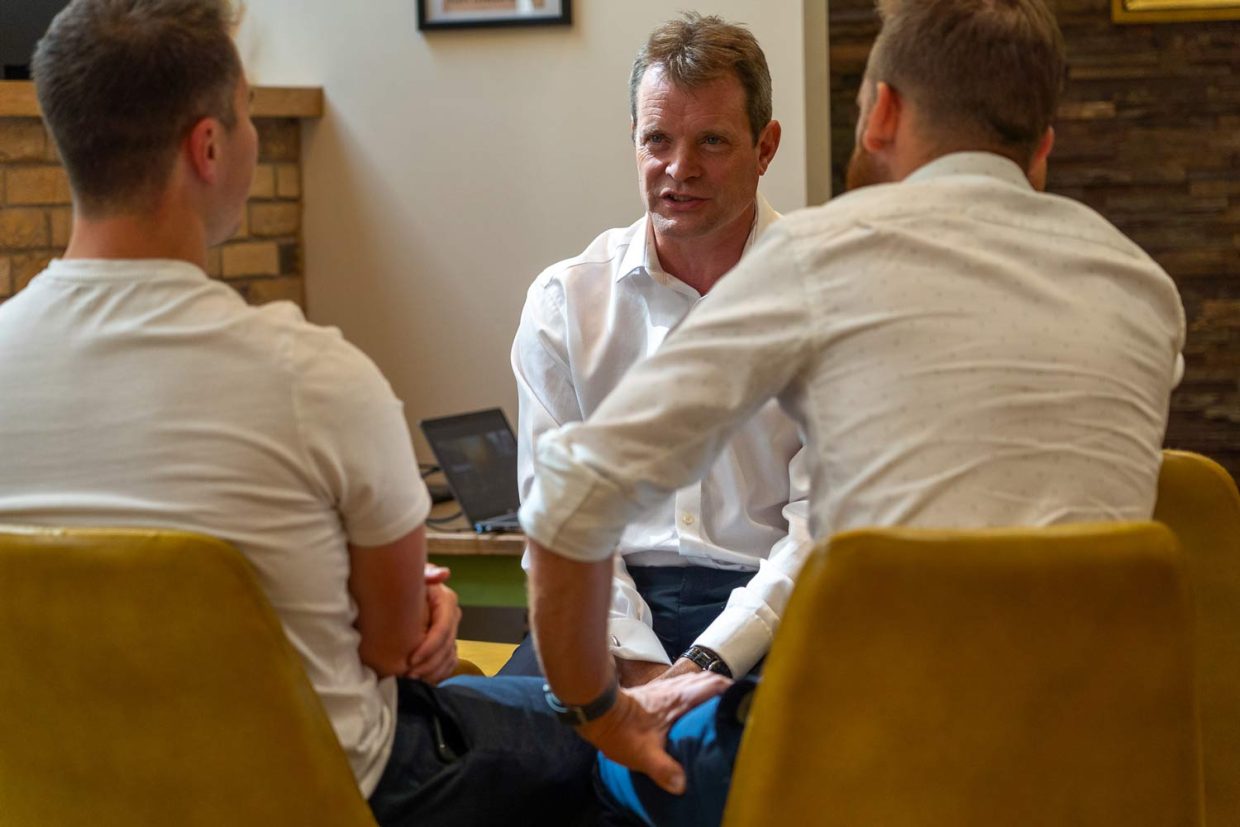As published in EG on 10 February 2024.
Reforming the planning decision-making process is crucial to ensuring better outcomes.
Every decision we make regarding our environment leaves a lasting impact on our lives and the generations to come. That is why it is crucial for our planning system to be well-informed, based on reliable data that is understood by well-trained decision-makers. However, our current planning process is plagued by delays, frustrations and, worst of all, a lack of consistency driven by political and local agendas that often muddle the process.
The growing complexity of development proposals and planning applications demands a reassessment to ensure that the planning process aligns with the need to deliver a sustainable, joined-up and thriving urban environment. On that basis, is it time to consider whether reform of the planning committee system would remove the hurdles in today’s planning process and help to build trust and equity?
Lack of expertise
Since the 1980s, the planning process has remained largely stagnant while planning applications themselves have evolved significantly, becoming increasingly complex. This presents a challenge in communicating technical details to decision-makers. Lay councillors, while integral to the process, often lack the expertise needed to fully comprehend the intricacies, yet currently they are the final step in the process.
Local authorities bring a wealth of knowledge and experience to the table, with professional teams made up of planning officers, conservation officers, design and heritage officers, urban designers, city planners and those with highways, policy and legal, environmental and townscape specialisms. The applicant team, too, consists of highly trained professionals spanning multiple disciplines. Their collective expertise should not be undermined when challenged by non-professional committee members.
The result of this collaboration is an extensive and detailed planning officer’s report, which encapsulates months of diligent work, analysis and complex data. However, presenting this wealth of information in a concise manner during a brief committee meeting poses a significant challenge for non-professional members, who struggle to grasp and manage the intricate details of major planning applications, as well as their complexity. One only has to look at the contrast between a major planning inquiry that could last for weeks and a committee meeting which could take just a few hours.
Making important decisions without fully understanding the long-term implications, coupled with this gap in expertise, can only lead to poor outcomes for our built environment and its inhabitants.
Reforming the planning decision making process is crucial to ensuring better outcomes and long-term prosperity for our communities. By streamlining the process, allowing adequate time for in-depth review and actively involving professionals, we can achieve efficiency, accuracy and deeply informed decision-making.
A new approach to planning committees
Currently, planning committees are made up of non-professional and often non-property-experienced individuals. On almost all occasions, committees are given a very short window of time to read and understand the information presented. This leaves the individuals involved regularly ill-equipped to address, understand or manage the complexities behind a planning application (many applications take years of work before they reach committee) and naturally feeling out of their depth. They have little professional training in the areas of relevance to planning decisions and are also sometimes politically biased, though planning committees are themselves neutral.
This is the crowning part of the planning process at local level, and much of the delay and frustration in the buildup is around how the committee will react and respond. Improving this final and vital part of the process is the key to improving the whole.
Proposing a revolutionary shift, envision a planning committee comprising highly qualified professionals from relevant fields, supported by local authority planning officers and legal experts. This committee, including representatives from bodies such RIBA (architecture), RICS (surveying), RTPI (planning), CIHT (highways), UDG (urban design) and IEMA (environmental) would replace the current councillor committee. The publicly held meetings for resident and councillor input would remain, ensuring a comprehensive and holistic view of each application’s impact.
To enhance efficiency and expertise, qualified professionals would be required by their respective professional bodies to dedicate a few days per year, akin to jury service, to planning committee sessions. Access to the complete planning portal beforehand would enable thorough application review, discussion and engagement with stakeholders.
The committee members would also have the opportunity to meet with planning officers, review their reports and engage with interested parties during the public meetings.
Additionally, ward councillors would be encouraged to provide their invaluable insight and the council’s preferred stance on the application, ensuring a holistic view of each application’s impact on the area.
A vision for tomorrow
The decisions we make today about planning and development shape the quality of life for countless individuals in the future. The proposed reform would eliminate misunderstandings and personal agendas from the decision-making process, leading to quicker and more united decisions for our communities.
A restructure to bring in qualified professionals and experts would go beyond efficiency gains; it aims to safeguard the integrity and sustainability of our built environment.
It is time to embrace a planning process that transcends political and personal agendas, ensuring our cities thrive, our environments flourish and our lives are enriched by thoughtful, unbiased and well-informed planning. A process that truly serves the best interests of our communities.
Let’s make this change both for ourselves and for future generations.
Jerome Webb is a Rights of Light, Daylight & Sunlight Director at GIA with a diverse clientele, including developers, institutions, public bodies, landowners, and charities across the UK and internationally.


